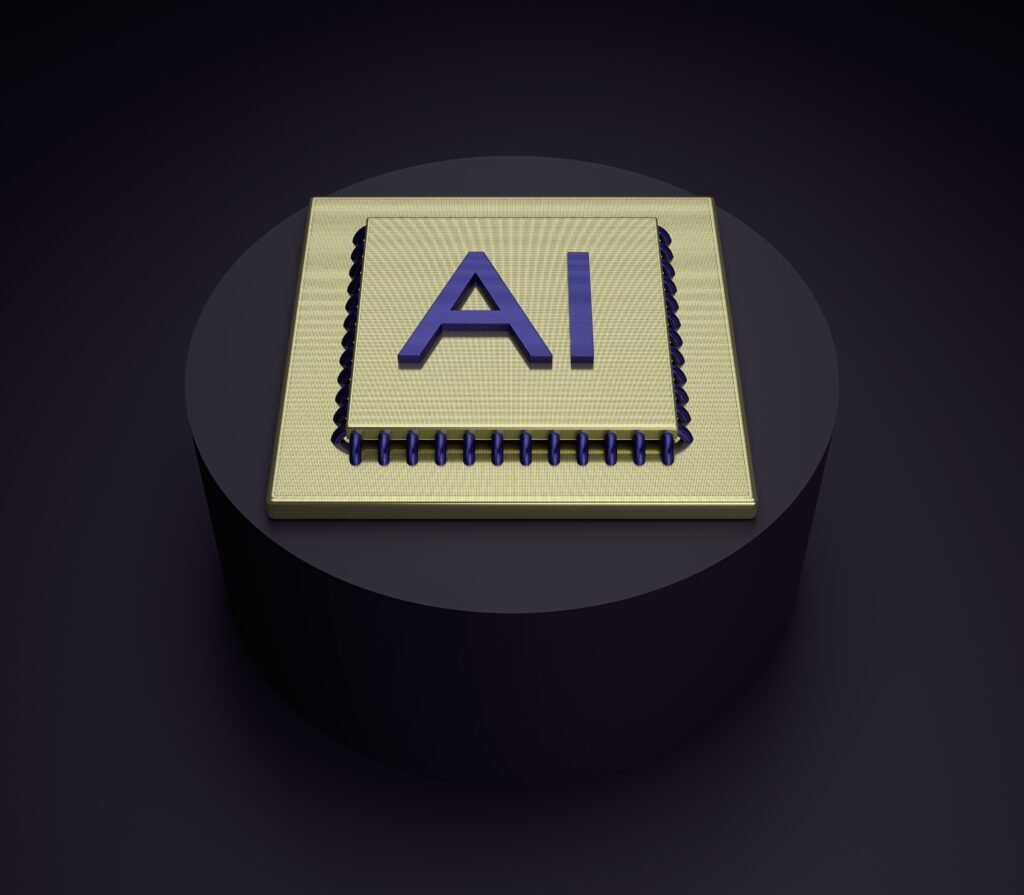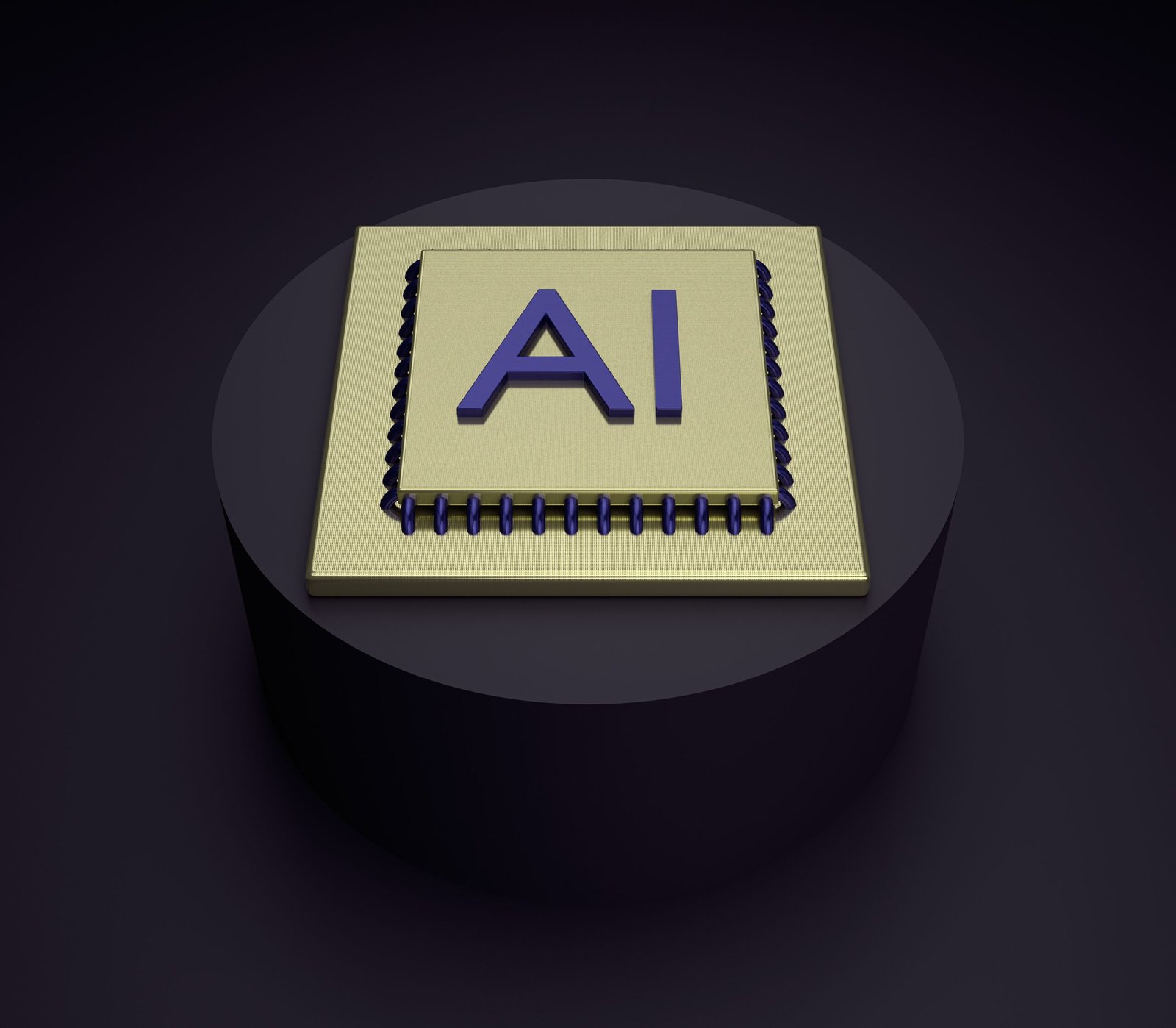Artificial Intelligence, often referred to as AI, is a fascinating and rapidly evolving field that seeks to replicate human cognitive abilities. With advancements in computing technology, the development of AI has seen remarkable growth in recent years. The ultimate goal of AI is to attain “strong” AI, which is capable of independently solving intricate problems. Since 2010, AI has experienced a significant resurgence, thanks to enhanced computing power and access to vast amounts of data. However, the roots of AI can be traced back to the 1940s and 1950s, when visionaries like John Von Neumann and Alan Turing made pivotal contributions. In the 1980s and 1990s, expert systems gained popularity, although they faced challenges in programming and maintenance. Presently, the field has witnessed extraordinary advancements driven by deep learning and neural networks, resulting in remarkable achievements such as IBM’s Watson winning Jeopardy and Google’s AI recognizing cats in videos. It is important, however, to ensure that the application of AI is ethically guided by human rights, the rule of law, and democracy.

History of AI
In the world of technology and innovation, artificial intelligence (AI) has emerged as a young discipline that aims to mimic human cognitive abilities. The development of AI is closely linked to advancements in computing technology, with significant contributions from pioneers like John Von Neumann and Alan Turing.
The origins of AI
The history of AI can be traced back to the 1940s and 1950s when groundbreaking work was done to lay the foundation of this field. One key figure during this time was John Von Neumann, a mathematician, physicist, and computer scientist. Von Neumann’s contributions to AI include his work on automating the functioning of the human brain by using logical devices.
Contributions of John Von Neumann
Von Neumann’s work on automata theory and self-replicating machines laid the groundwork for the development of AI. He introduced the concept of a universal Turing machine, which became a vital tool for AI researchers. His theories and ideas formed the basis for future advancements in AI.
Contributions of Alan Turing
Another prominent figure in the history of AI is Alan Turing, a British mathematician and computer scientist. Turing is famously known for his work on the concept of a universal machine that can simulate any other machine. This idea, known as the Turing machine, provided the theoretical basis for modern computers and influenced the development of AI.
Development of AI
The development of AI has been driven by the advancements in computing technology. As computational power increased over the years, AI researchers were able to explore more complex algorithms and models.
Advancements in computing technology
The evolution of computing technology, from the early days of vacuum tube machines to modern supercomputers, has played a pivotal role in the development of AI. The miniaturization of components, the increase in processing power, and the ability to store and process vast amounts of data have all contributed to the growth of AI.
Link between AI and computing technology
AI and computing technology share a symbiotic relationship. As AI algorithms become more sophisticated, the need for faster processing and enhanced capabilities arises. In turn, advancements in computing technology enable AI systems to process more data and perform complex tasks with greater efficiency.
Achievements in AI development
AI has achieved notable milestones throughout its history. From the development of expert systems in the 1980s to the recent advancements in deep learning and neural networks, AI has made significant strides in solving complex problems. These achievements have paved the way for further advancements and have garnered widespread attention and interest.
Goals of AI
The ultimate goal of AI is to achieve “strong” AI, also known as artificial general intelligence (AGI). Strong AI refers to machines that possess the ability to understand, learn, and apply knowledge across a wide range of tasks, similar to human intelligence. While current AI systems excel in specific domains, achieving AGI remains a significant challenge.
Definition and concept of “strong” AI
The concept of strong AI involves creating machines that can understand and learn complex concepts, reason, and generalize knowledge across different domains. It aims to build AI systems that possess human-like cognitive abilities and can perform tasks that require understanding, creativity, and adaptability.
AI Boom
In recent years, AI has experienced a boom, thanks to improved computing power and access to massive amounts of data. This boom has led to significant advancements in the field and increased interest from various industries and research communities.
Recent boom in AI
The resurgence of interest in AI can be traced back to around 2010 when advancements in computing technology, such as the development of powerful GPUs, made it possible to train deep neural networks more efficiently. This, coupled with the availability of large datasets, has fueled the rapid progress and widespread adoption of AI technologies.
Factors contributing to the boom
Several factors have contributed to the recent boom in AI. Firstly, the exponential growth in computing power has enabled AI algorithms to process and analyze massive amounts of data at unprecedented speeds. Additionally, the availability of vast amounts of data from various sources, including social media and the internet, has provided AI systems with rich sources of information to learn from.
Improved computing power
The increased computing power has revolutionized AI by enabling researchers to train more complex models and process larger datasets. Graphics Processing Units (GPUs), originally designed for rendering graphics, have been instrumental in accelerating the computations required for training deep neural networks. These improvements in hardware have been critical in the development of AI systems.
Access to massive data
The digital age has led to the exponential growth of data, with vast amounts being generated every day. This deluge of data has provided AI systems with ample information to learn from, enabling them to make predictions, recognize patterns, and solve complex problems. The availability of diverse and high-quality datasets has been a game-changer in the development of AI.

Expert Systems
expert systems gained popularity in the 1980s and 1990s as AI technologies advanced. These systems were designed to replicate the knowledge and decision-making capabilities of human experts in specific domains.
Popularity of expert systems
Expert systems gained recognition due to their ability to provide specialized knowledge and recommendations. These systems were widely used in fields such as medicine, finance, and engineering, where the expertise of human professionals was required. Expert systems proved to be valuable tools in improving decision-making processes and enhancing productivity.
Challenges faced by expert systems
Despite their initial popularity, expert systems faced several challenges that hindered their widespread adoption. One major challenge was the difficulty of programming and maintaining such systems. Building a reliable and accurate expert system required extensive domain knowledge and expertise, making the development process complex and time-consuming.
Programming and maintenance issues
Maintaining expert systems also posed challenges, as they needed to be continuously updated with new knowledge and advancements in the respective domains. This requirement of constant maintenance made expert systems less feasible for many organizations, leading to a decline in their popularity over time.
Advancements in AI
Advancements in AI in recent years have been primarily driven by the use of deep learning and neural networks. These technologies have enabled AI systems to analyze and understand complex patterns, leading to significant breakthroughs in various domains.
Use of deep learning
Deep learning has revolutionized AI by enabling machines to learn directly from raw data through multiple layers of artificial neural networks. This approach has proven to be highly effective in solving a wide range of tasks, from image and speech recognition to natural language processing. The ability of deep learning models to automatically extract and learn features from data has greatly contributed to the recent advancements in AI.
Role of neural networks
Neural networks are at the core of deep learning and have played a vital role in enabling AI systems to simulate human-like learning and decision-making processes. These networks consist of interconnected nodes, or artificial neurons, that perform computations and learn from the data. By adjusting the weights and connections between these neurons, neural networks can model complex relationships and make predictions with high accuracy.
Impact of deep learning and neural networks
The advancements in deep learning and neural networks have paved the way for significant achievements in AI. These technologies have been instrumental in various applications, such as computer vision, natural language processing, and autonomous vehicles. The ability of deep learning models to analyze large and complex datasets has resulted in improved performance and accuracy across multiple domains.

Notable Achievements
Over the years, AI has achieved remarkable milestones that showcase its potential and capabilities. These achievements have captured the imagination of the public and demonstrated the power of AI systems in solving complex problems.
IBM’s Watson winning Jeopardy
One of the most notable achievements in AI was IBM’s Watson defeating human champions on the popular game show Jeopardy in 2011. Watson demonstrated its ability to understand natural language, deduce context, and generate accurate responses within seconds. This landmark achievement showcased the immense progress made in natural language processing and deep learning.
Google’s AI recognizing cats in videos
In 2012, Google’s AI system, developed by a team of researchers led by Andrew Ng, made headlines for its ability to recognize cats in YouTube videos. This achievement highlighted the power of deep learning in computer vision, as the AI system automatically learned to identify cats without being explicitly programmed for that task. It demonstrated the potential of AI in analyzing and understanding visual data.
Other significant achievements in AI
Apart from these highlighted accomplishments, AI has made significant strides in various domains. For example, AI-powered virtual assistants, such as Apple’s Siri, Amazon’s Alexa, and Google Assistant, have become integral parts of our daily lives. AI has also made significant contributions in healthcare, finance, autonomous vehicles, and many other fields, improving efficiency and driving innovation.
Ethical Considerations
As AI continues to advance and become more integrated into our lives, it is crucial to consider the ethical implications and ensure its responsible deployment.
Application of AI should be based on human rights
When utilizing AI, it is essential to prioritize human rights and ensure that AI systems do not violate or discriminate against individuals or groups. AI should be used to amplify human capabilities and promote inclusivity, rather than replacing or marginalizing individuals.
Application of AI should be based on the rule of law
The deployment of AI systems should adhere to existing legal frameworks and regulations. Transparency and accountability should be integral to AI development and usage, ensuring that AI systems are not used for malicious purposes or violate legal and ethical guidelines.
Application of AI should be based on democracy
Decisions regarding the application and deployment of AI should involve democratic processes and ensure public participation. The development and use of AI technologies should be guided by collective decision-making to prevent the concentration of power and foster a fair and inclusive society.
In conclusion, AI has come a long way since its inception. The history of AI can be traced back to the contributions of pioneers like John Von Neumann and Alan Turing. The recent boom in AI owes its success to improved computing power and access to massive data. Advances in deep learning and neural networks have propelled AI to new heights, leading to significant achievements such as IBM’s Watson winning Jeopardy and Google’s AI recognizing cats in videos. However, as AI continues to evolve, it is crucial to consider ethical considerations, ensuring that its application is based on human rights, the rule of law, and democracy. By doing so, we can harness the full potential of AI while maintaining a responsible and ethical approach to its development and deployment.






